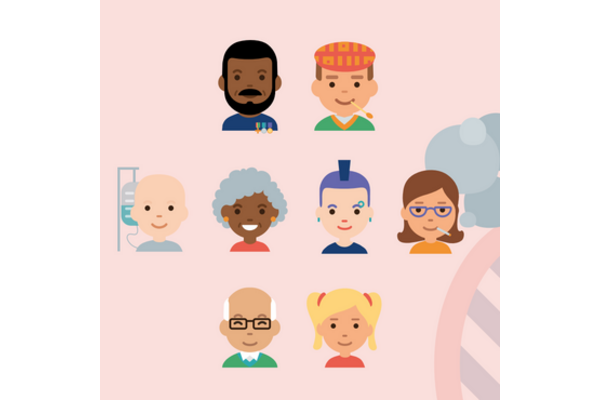
NIHR-INCLUDE was commissioned by the NIHR CRN to address the lack of representation in health and care research with the following vision: ‘provide better health and care through more inclusive research’.
NIHR-INCLUDE has developed guidance to implement findings and achieve the vision, by ways of:
- a harmonised approach to inform key stakeholders of their roles and responsibilities to deliver inclusive health and care research;
being adopted into policy within, and beyond, the NIHR; - achieving widespread reach and impact to make health and care research more inclusive;
- ensuring our findings are informed and relevant, by working collaboratively with under-served communities and the public;
- informing the NIHR Under-Served Communities programme and the wider work of the NIHR through the NIHR’s Equality Diversity and Inclusion Strategy;
- forming a key cornerstone of the NIHR’s Strategy - ‘Best Research For Best Health: The Next Chapter’.
The NIHR-INCLUDE Guidelines provide:
- a strategic overview of potential points for intervention to improve inclusion of under-served groups across the life course of research
- key objectives to improve inclusivity;
- guiding principles for stakeholders to apply the guidance.
Some areas have been addressed at the level of individual communities or projects, whereas other areas require action at national or supra-national level, to provide appropriate regulatory, funding, governance guidance and support.
INCLUDE Ethnicity Framework
The INCLUDE Ethnicity Framework is a tool that helps trial teams think carefully about which ethnic groups should be included in their trial, and what challenges there may be to making this possible. The site also has some examples of how to use the Framework along with other resources linked to involving different ethnic groups in trials.
NIHR-INCLUDE Free online course
The INCLUDE team have worked with colleagues in NIHR Workforce, Learning and Organisational Development, to develop an online course that explores:
- why it is important to include under-served groups in research;
- what an under-served group is;
- examples of under-served groups; examples of barriers to inclusion;
- see INCLUDE in practice, in relation to COVID-19 and Patient and Public Involvement and Engagement (PPIE).
The INCLUDE Project's online course can be accessed, for free, via the NIHR Learn or Open Learn platforms.





